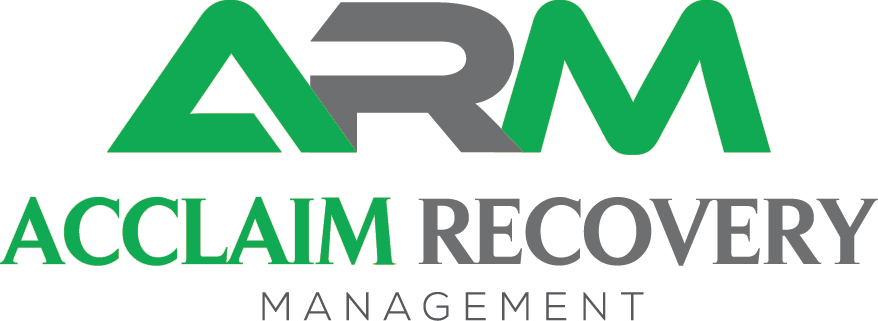ERISA stands for the Employee Retirement Income Security Act of 1974. ERISA is a federal law that governs and regulates all claims disputes and reimbursements from private health insurance companies obtained through employment. Over 80% of the entire healthcare market falls under ERISA and more than 90% of the PPO market is employer based.
Most out-of-network Doctor’s believe that when it comes to a denial of medical benefits that these denials fall under state insurance laws. This may be untrue. If you have a denial of benefits and the patients insurance is offered through employment, then your denied benefit claim will follow Federal ERISA laws and not state. ERISA/PPACA appeal compliance is an out-of-network group’s best friend! ERISA defines a denial as any payment less than 100% of your claim. ERISA’s full and fair review mandates that the plan administrator must resolve a participant’s claim dispute as a fiduciary that shall discharge his/her duties with respect to a plan “solely in the interest of the participants and beneficiaries”
An SPD is the “Summary Plan Description”; it is the legal governing document of an employee benefits plan. It basically tells an insurance carrier or “third party administrator” what to do. An SPD is important because it is the beginning and the end of how a “third party administrator” makes a determination on your claims.
Most health care providers are uninformed about private employer based healthcare. Their in-house billing personal follow the same rules and protocols for state insurance collection that have been around for many years. A big problem of being uninformed is that most appeals don’t even qualify under the terms of the SPD as a proper appeal to exhaust administrative duties. Most standard appeals from billing companies are merely considered a provider inquiry or simple grievance, which do not qualify as a proper ERISA appeal of an adverse benefit determination. This puts you, the healthcare provider, at a severe disadvantage when dealing with healthcare benefit denials.
The most common types of denials used by TPA’s include; overpayment denials, recoupment, underpayment UCR denials, medical necessity denials, experimental/investigational denials, managed care system PPO discount denials, and timely filing or past 180 day denials.
Overpayment denials are the number one denial across the United States. The majority of the denials come in the form of refund requests.
Fortunately for providers there is an answer. Our knowledge and expertise of ERISA allows us to successfully prevent millions of dollars in overpayments from our clients.
Insurance companies have recouped over 19 billion dollars of plan assets from healthcare providers nationwide. Recoupment denials go hand in hand with overpayment denials. When you fight an overpayment denial by ignoring it, you set up a serious problem for your practice. When you are an expert, like us, in ERISA and its protections, this denial becomes easy to avoid and is correctable.
These denials are very common. 100% of healthcare providers have been denied this way for years; probably without even realizing it. This denial includes any payment that is less than 100% of the medical bill. Insurance companies will report this denial on the Explanation of Benefits as an “allowed amount, maximum allowable charge, or managed care system” for a service. ARM has developed a seamless protocol to appeal 100% of these denials and recover large amounts of monies owed by insurance companies, thereby protecting patient’s responsibilities.
The answer is in the name! These denials are very common and are the easiest denial to prevent. ARM has created surefire techniques to help client’s use national guidelines and protocols that insurance companies rely upon in order to make sure a provider’s services are indicated. It is of the utmost importance to avoid these denials especially if your surgical center is going to incur a large cost on a surgery.
Many providers are under the assumption that they have up to one year to submit a claim with insurance carriers. ERISA plans allow up to 180 days from the date of service to file a claim. If you submit a claim past 180 days from the date of service, most ERISA plans will deny your claim resulting in lost revenue. ARM has created a compliant way to file your claims timely and receive maximum reimbursement, regardless of patient responsibility.
Creating your facilities charge master is one of the most delicate processes. The appropriateness of your fee schedule is based on many factors. In creating your charge master one of the most appropriate steps involves using a database that is unbiased, nationally recognized and routinely audited. ARM licenses actual charge benchmark data that represents over 16 billion claims nationwide; this data encompasses 70% of the nation’s employer based insurance system. Utilizing this data, ARM is able to create client specific fee schedules based on true accepted usual and customary values.
